package mainfunc main() { // create new channel of type int ch := make(chan int) // start new anonymous goroutine go func() { // send 42 to channel ch <- 42 }() // read from channel <-ch}

package mainimport "time"func timer(d time.Duration) <-chan int { c := make(chan int) go func() { time.Sleep(d) c <- 1 }() return c}func main() { for i := 0; i < 24; i++ { c := timer(1 * time.Second) <-c }}
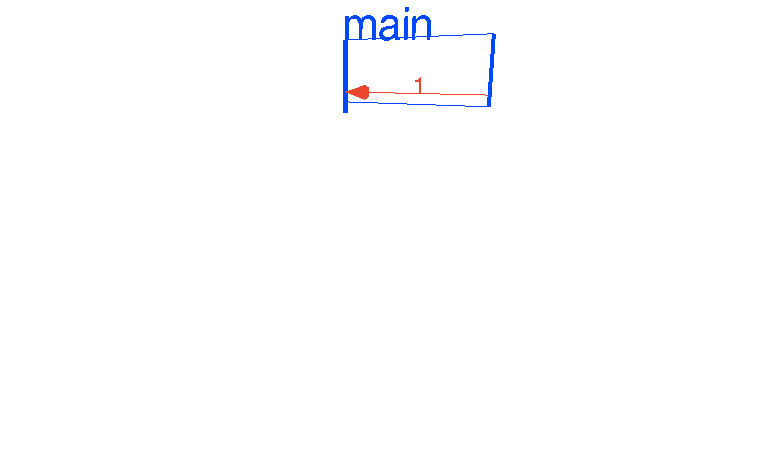
package mainimport "time"func main() { var Ball int table := make(chan int) go player(table) go player(table) table <- Ball time.Sleep(1 * time.Second) <-table}func player(table chan int) { for { ball := <-table ball++ time.Sleep(100 * time.Millisecond) table <- ball }}
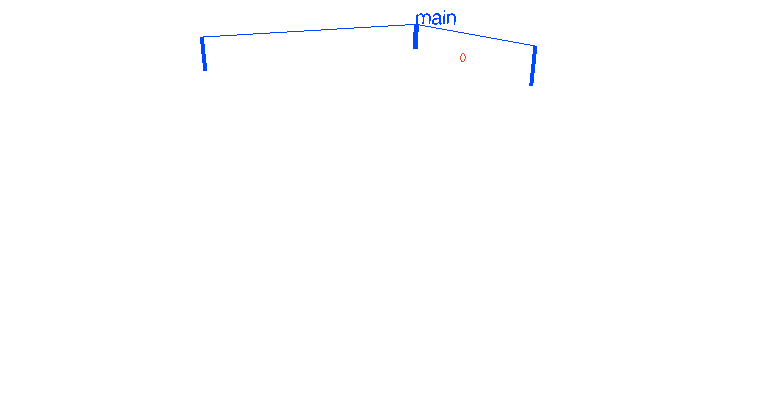
go player(table) go player(table) go player(table)

for i := 0; i < 100; i++ { go player(table)}
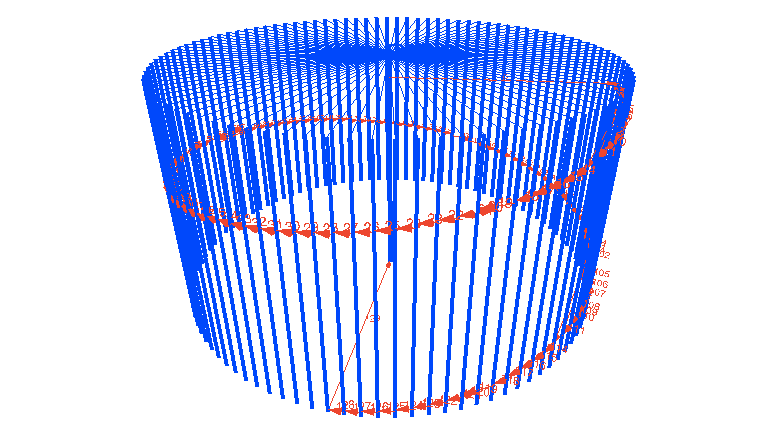
package mainimport ( "fmt" "time")func producer(ch chan int, d time.Duration) { var i int for { ch <- i i++ time.Sleep(d) }}func reader(out chan int) { for x := range out { fmt.Println(x) }}func main() { ch := make(chan int) out := make(chan int) go producer(ch, 100*time.Millisecond) go producer(ch, 250*time.Millisecond) go reader(out) for i := range ch { out <- i }}
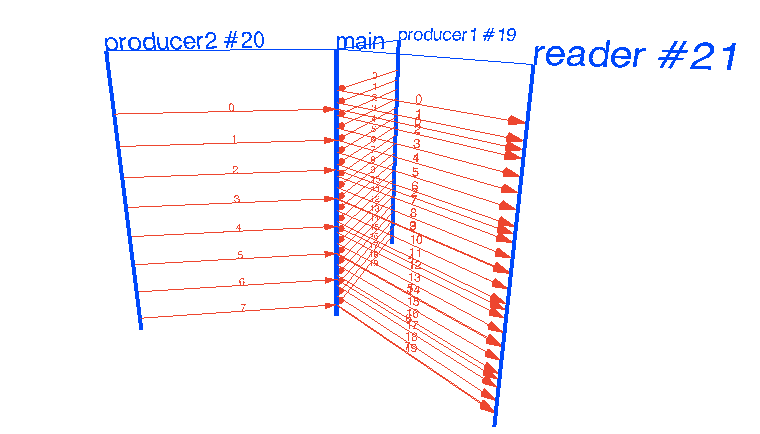
package mainimport ( "fmt" "sync" "time")func worker(tasksCh <-chan int, wg *sync.WaitGroup) { defer wg.Done() for { task, ok := <-tasksCh if !ok { return } d := time.Duration(task) * time.Millisecond time.Sleep(d) fmt.Println("processing task", task) }}func pool(wg *sync.WaitGroup, workers, tasks int) { tasksCh := make(chan int) for i := 0; i < workers; i++ { go worker(tasksCh, wg) } for i := 0; i < tasks; i++ { tasksCh <- i } close(tasksCh)}func main() { var wg sync.WaitGroup wg.Add(36) go pool(&wg, 36, 50) wg.Wait()}
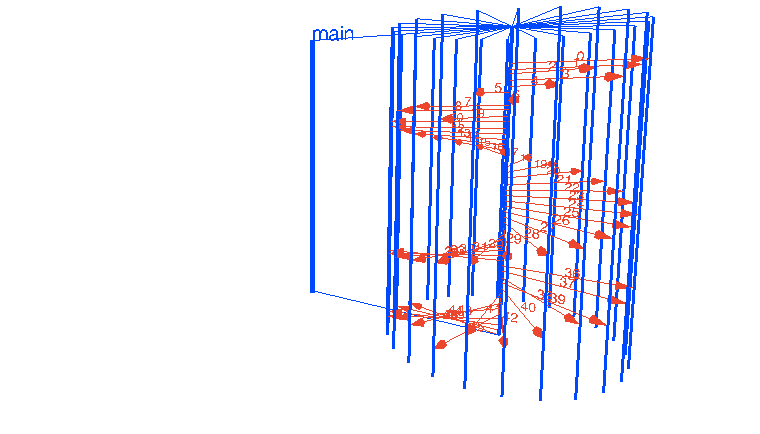
package mainimport ( "fmt" "sync" "time")const ( WORKERS = 5 SUBWORKERS = 3 TASKS = 20 SUBTASKS = 10)func subworker(subtasks chan int) { for { task, ok := <-subtasks if !ok { return } time.Sleep(time.Duration(task) * time.Millisecond) fmt.Println(task) }}func worker(tasks <-chan int, wg *sync.WaitGroup) { defer wg.Done() for { task, ok := <-tasks if !ok { return } subtasks := make(chan int) for i := 0; i < SUBWORKERS; i++ { go subworker(subtasks) } for i := 0; i < SUBTASKS; i++ { task1 := task * i subtasks <- task1 } close(subtasks) }}func main() { var wg sync.WaitGroup wg.Add(WORKERS) tasks := make(chan int) for i := 0; i < WORKERS; i++ { go worker(tasks, &wg) } for i := 0; i < TASKS; i++ { tasks <- i } close(tasks) wg.Wait()}
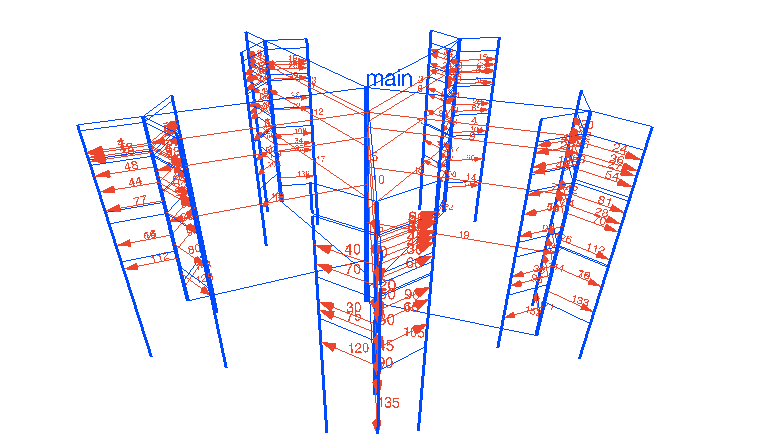
package mainimport "net"func handler(c net.Conn) { c.Write([]byte("ok")) c.Close()}func main() { l, err := net.Listen("tcp", ":5000") if err != nil { panic(err) } for { c, err := l.Accept() if err != nil { continue } go handler(c) }}
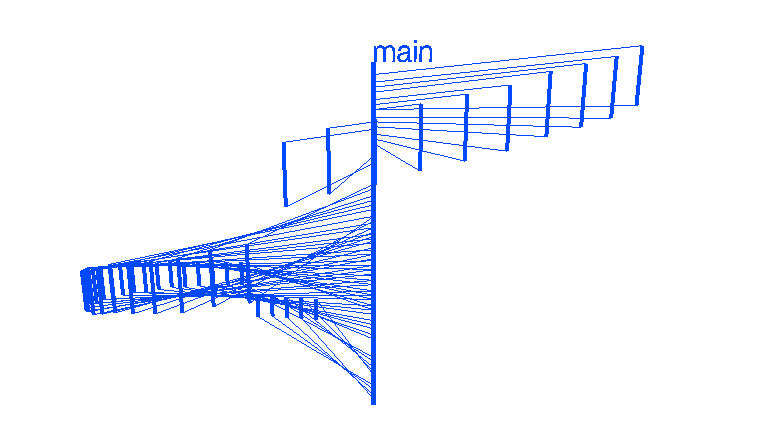
package mainimport ( "fmt" "net" "time")func handler(c net.Conn, ch chan string) { ch <- c.RemoteAddr().String() c.Write([]byte("ok")) c.Close()}func logger(ch chan string) { for { fmt.Println(<-ch) }}func server(l net.Listener, ch chan string) { for { c, err := l.Accept() if err != nil { continue } go handler(c, ch) }}func main() { l, err := net.Listen("tcp", ":5000") if err != nil { panic(err) } ch := make(chan string) go logger(ch) go server(l, ch) time.Sleep(10 * time.Second)}
package mainimport ( "net" "time")func handler(c net.Conn, ch chan string) { addr := c.RemoteAddr().String() ch <- addr time.Sleep(100 * time.Millisecond) c.Write([]byte("ok")) c.Close()}func logger(wch chan int, results chan int) { for { data := <-wch data++ results <- data }}func parse(results chan int) { for { <-results }}func pool(ch chan string, n int) { wch := make(chan int) results := make(chan int) for i := 0; i < n; i++ { go logger(wch, results) } go parse(results) for { addr := <-ch l := len(addr) wch <- l }}func server(l net.Listener, ch chan string) { for { c, err := l.Accept() if err != nil { continue } go handler(c, ch) }}func main() { l, err := net.Listen("tcp", ":5000") if err != nil { panic(err) } ch := make(chan string) go pool(ch, 4) go server(l, ch) time.Sleep(10 * time.Second)}
// A concurrent prime sievepackage mainimport "fmt"// Send the sequence 2, 3, 4, ... to channel 'ch'.func Generate(ch chan<- int) { for i := 2; ; i++ { ch <- i // Send 'i' to channel 'ch'. }}// Copy the values from channel 'in' to channel 'out',// removing those divisible by 'prime'.func Filter(in <-chan int, out chan<- int, prime int) { for { i := <-in // Receive value from 'in'. if i%prime != 0 { out <- i // Send 'i' to 'out'. } }}// The prime sieve: Daisy-chain Filter processes.func main() { ch := make(chan int) // Create a new channel. go Generate(ch) // Launch Generate goroutine. for i := 0; i < 10; i++ { prime := <-ch fmt.Println(prime) ch1 := make(chan int) go Filter(ch, ch1, prime) ch = ch1 }}










